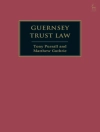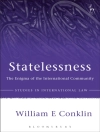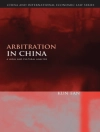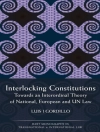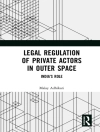Since 2007 the world has lurched from one crisis to the next. The rise of new powers, the collapse of our global financial system, the proliferation of nuclear weapons and crisis in the Eurozone have led to a build up of risks that is likely to provoke a more general crisis in our system of global governance if it cannot be made fairer, more effective and accountable.
In this book, nine leading scholars explore the fault lines and mounting challenges that are putting pressure on existing institutions, the ways in which we are currently attempting to manage them – or failing to – and the prospects for global governance in the 21st century. In doing so, the contributors offer a fresh look at one of the most important issues confronting the world today and they suggest strategies for adapting current institutions to better manage our mutual interdependence in the future.
Contributors include Ha-Joon Chang, Benjamin Cohen, Michael Cox, David Held, George Magnus, Robert Skidelsky, Robert Wade, Martin Wolf and Kevin Young.
Содержание
Contributors vii
Preface xi
1 Editors’ Introduction: Global Governance at Risk 1
David Held and Charles Roger
2 The Shift and the Shock: Prospects for the World Economy 19
Martin Wolf
3 The Coming Global Monetary (Dis)Order 31
Benjamin J. Cohen
4 Will Emerging Markets Shape or Shake the World Economy? 51
George Magnus
5 Protecting Power: Western States in Global Organizations 77
Robert H. Wade
6 Why the West Rules for Now – And is Likely to for a Long Time to Come 111
Michael Cox
7 Hamlet without the Prince of Denmark: How Development has Disappeared from Today’s “Development” Discourse 129
Ha-Joon Chang
8 Keynes, Hobson, Marx and the Crisis of Capitalism 149
Robert Skidelsky
9 From the Financial Crisis to the Crisis of Global Governance 170
David Held and Kevin Young
Index 202
Об авторе
David Held is Master of University College and Professor of Politics and International Relations at Durham University.
Charles Roger is a Ph D student at the University of British Columbia and Liu Scholar at the Liu Institute for Global Issues.


